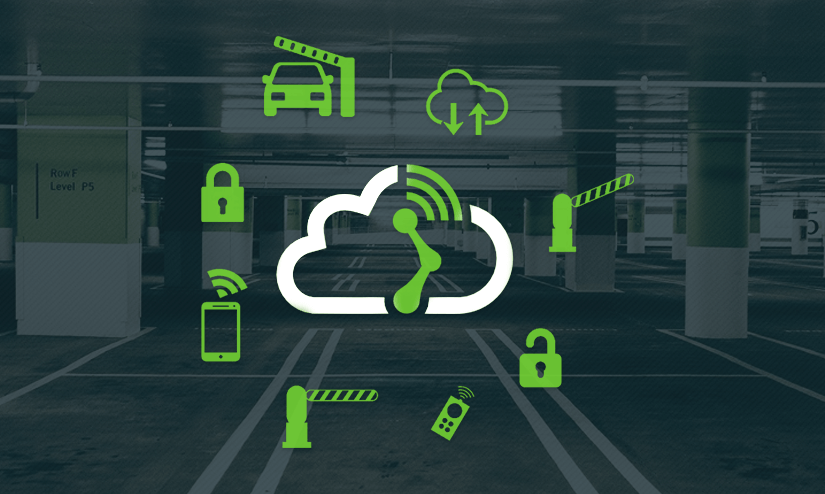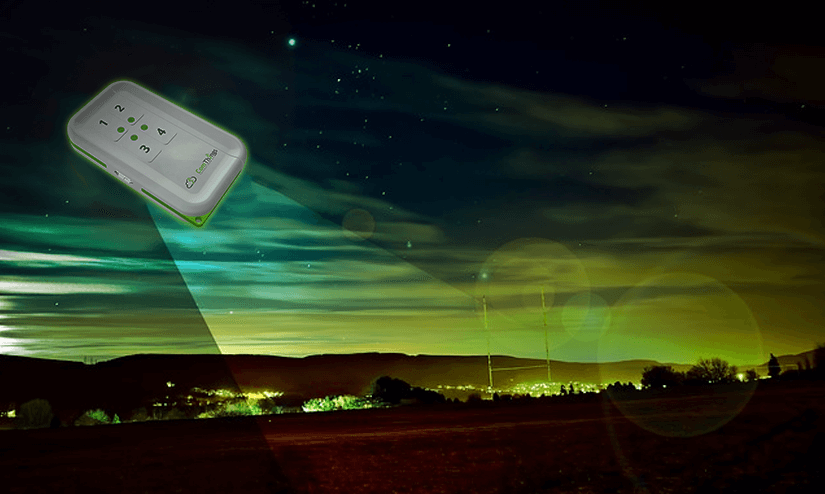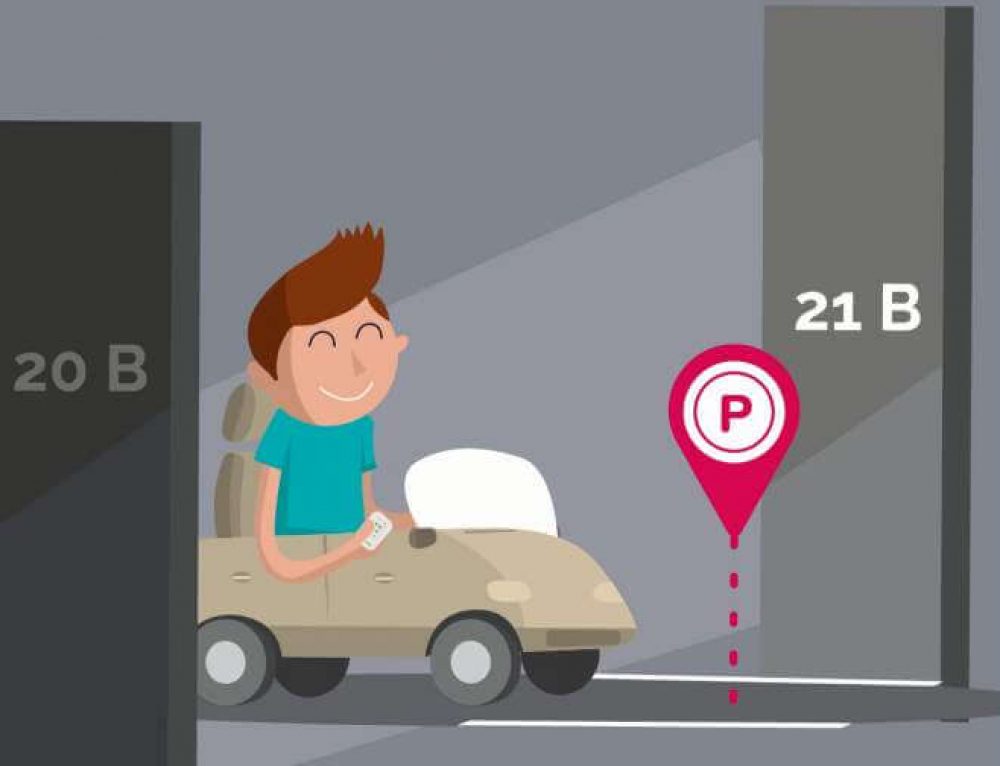
Sometimes a simple piece of technology can enable a whole new business … and completely disrupt the way people go about their lives. Access Control as a Service (ACaaS) is one of the ways that cloud technology and smartphones will open doors, and even revolutionise the way we park our cars.
Think for a moment about the AirBNB model. People can make money out of renting their accommodation to strangers … and AirBNB has found a neat way to turn strangers into welcome visitors. It isn’t rocket science, but it works.
And just like taxi drivers are up in arms against Uber, hotels are shouting “it’s not fair” as their monopoly on giving people a bed for the night is eroded.
Turning a Bluetooth Smartphone into a 1960s ‘clicker’ is the enabler.
One of the big businesses that is emerging in cities around the world is shared parking. In this model, people who live in city centers or near to airports can rent out their parking spaces to strangers … and the shared parking operators turns those strangers into welcome visitors.
But there has been a barrier to progress which is, well, the parking barriers.
The typical radio-controlled parking barrier is based on technology that goes back to the 1950s. You push the button on a remote control ‘clicker’ device … and a 300-400Mhz radio signal tells the barrier to open. Awesome, and it just works.
Of course, the shared parking operator can’t give all their customers a different clicker for each barrier. The permutations would be crazy. And you can’t expect the apartment owner to put on their dressing gown and walk down to the parking spot with their own clicker each time a new customer arrives.
However, the ubiquitous technology that each car driver will have is a smartphone. And smartphones have two great ways of sending data to other objects: SMS messages and Bluetooth communications.
Close Encounters of the ACaaS Kind.
If you’ve ever seen the movie ‘Close Encounters of the Third Kind’, you’ll remember how an advanced civilization visits earth … but can’t communicate with our stone age radio technology. In their case, musical notes provided the solution.
It’s kind of the same thing if you point an iPhone/Android device at a parking barrier. The barrier was developed before the cloud, SMS and Bluetooth had been conceived. There’s just no way they can talk to each other.
Or there wasn’t until ComThings invented the CTbee package. CTbee comes in two flavors: bluetooth to radio direct, and SMS to barrier via the cloud.
With Bluetooth to Barrier, the shared parking operator gives each customer a USB-sized dongle to leave in their car. The smartphone talks to the dongle (at 2.4Ghz, for the technically minded), the dongle talks to the barrier (at 300-400MHz or 800-900MHz) and, presto, the barrier opens. A smartphone app securely manages the access frequency code for an infinite number of parking barriers, as well as managing the whole booking & billing process.
With the SMS option, the customer’s smartphone app tells the shared parking server that she has arrived … the server sends an SMS to the apartment owner’s CTbee device (which can be stored in the owner’s apartment, or maybe an office or shop near to the parking bay) … and the CTbee opens the barrier automatically. Even if the apartment owner is out shopping.
In the latter case, the CTbee device in the owner’s apartment (or maybe left in a shop or office) sends out a powerful ‘clicker’ signal which can open a barrier up to a kilometer away. The CTbee device is about half the size of a sleek wifi router.
Maintenance free and zero installation. It’s non-intrusive technology.
Most parking barriers are covered by a maintenance contract. And of course the moment anybody tampers with the barrier’s circuitry, the contract is void.
CTbee neatly overcomes that problem by being purely radio-based, with no installation required and no maintenance needed. Whether the shared parking operator chooses the car-based dongle or the apartment-based ‘super clicker’ solution (or a mix of the two technologies), all communications with the barrier is by radio signal.
In fact the barrier will be blissfully unaware that it is now a cloud-controlled device. It will still think it’s the 1960s, the Beatles are at number one, and man has yet to walk on the moon.
Even better, ComThings have also developed a suite of APIs that enable shared parking operators to develop mobile and server apps. But more about those in another article.
So go ahead … get ahead of the ACaaS curve and be disruptive with a shared parking business. ComThings has wrapped up the entire technology solution.





